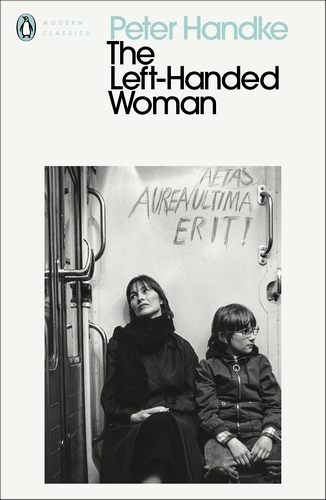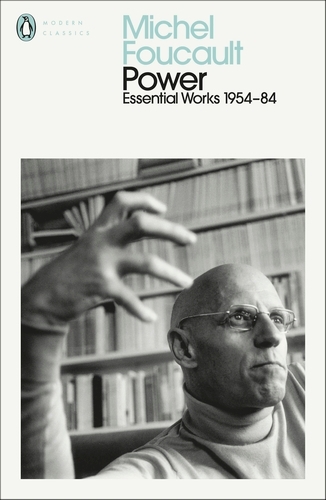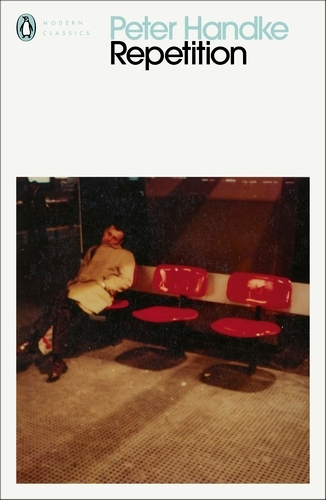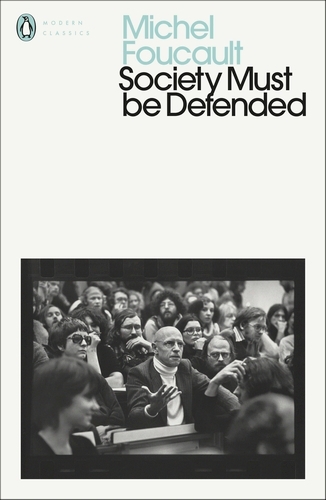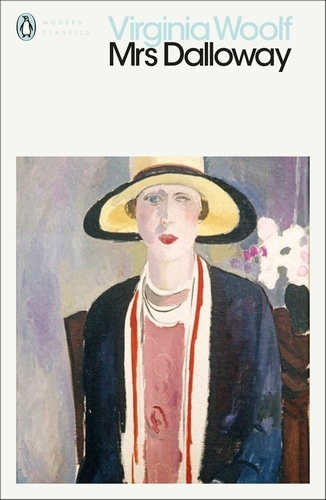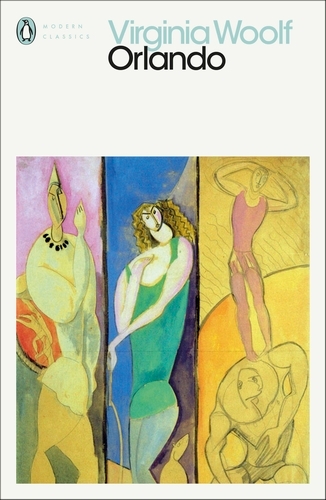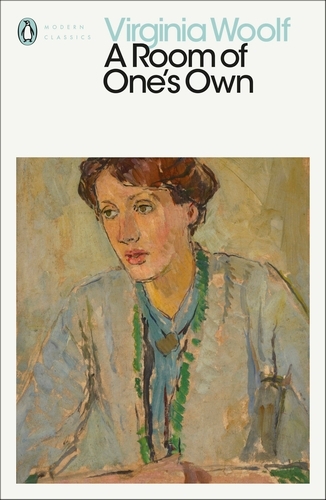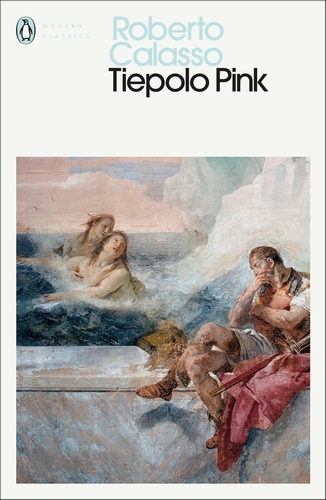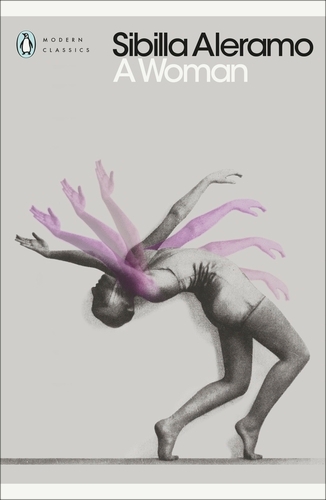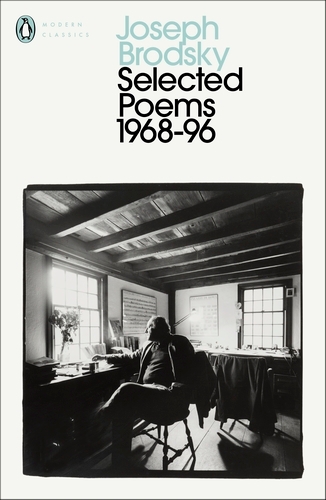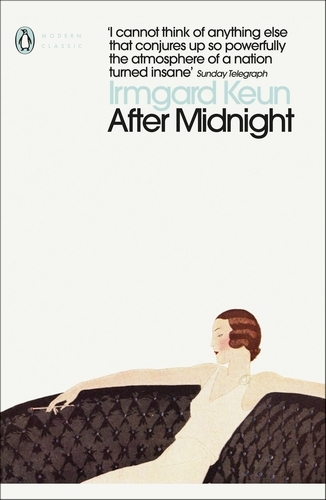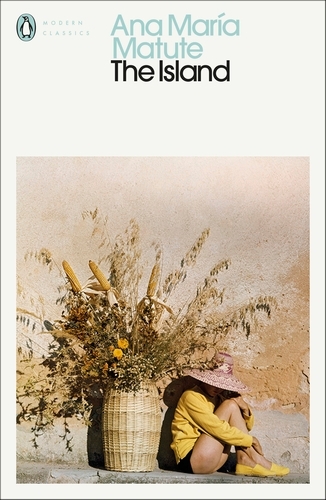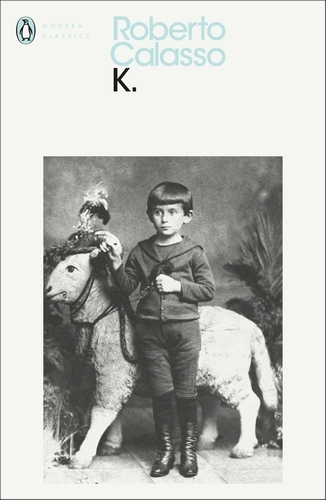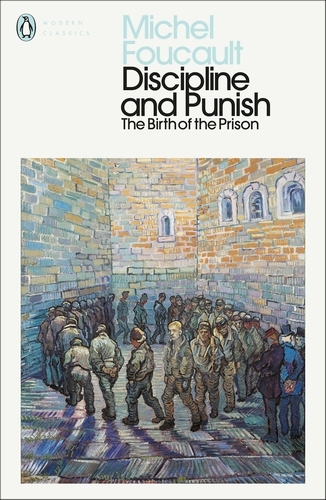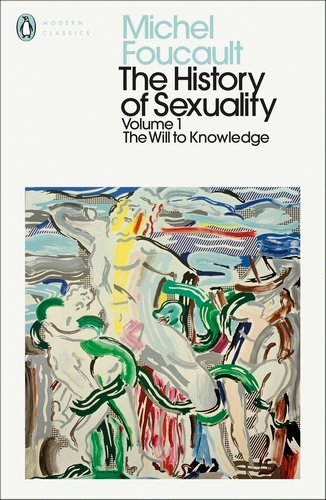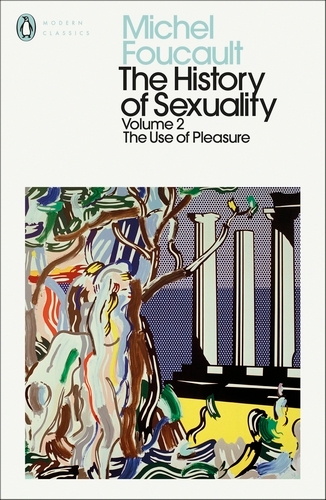Penguin Modern Classics
1281 books in this series
The Left-Handed Woman
One evening, when Marianne and her husband, Bruno, are dining out together to celebrate his return from a business trip, Marianne listens to him speak and realizes suddenly yet finally that Bruno will leave her. Whether at that moment, or in years to come, she will be deserted. And instinctively Marianne knows she must fend for herself and her young son now, before that time comes.
She sends Bruno away and settles down to a life alone, at first experiencing moments of panic, restlessly wandering in rooms grown stifling. The stillness of the house wears her down, and she starts taking long walks, or visiting with her close friend, Franziska.
Gradually, what began as a selfish escape from the prospects of the future becomes in fact liberation. The environment she'd always hated - a no man's land of identical houses, with all curtains drawn - recedes; her relationships with those dear to her become less threatening, less necessary; and Marianne finds a new pattern for her life and the strength to go on alone.
She sends Bruno away and settles down to a life alone, at first experiencing moments of panic, restlessly wandering in rooms grown stifling. The stillness of the house wears her down, and she starts taking long walks, or visiting with her close friend, Franziska.
Gradually, what began as a selfish escape from the prospects of the future becomes in fact liberation. The environment she'd always hated - a no man's land of identical houses, with all curtains drawn - recedes; her relationships with those dear to her become less threatening, less necessary; and Marianne finds a new pattern for her life and the strength to go on alone.
Power
The third and final volume of the Essential Works of Foucault series, Power brings together his writings on the issues that he helped make the core agenda of Western political culture: medicine, prisons, psychiatry, government and sexuality, in particular showing his concerns with human rights, discrimination and exclusion. It also includes articles and open letters published directly in response to the issues of the time, calling for reform in abortion, asylum and the death penalty. All the pieces here bring a new sense of Foucault's huge influence on the politics of personal freedom.
Repetition
We join the young Austrian teenager Filib Kobal's journey from his home in Carinthia to Slovenia on the trail of his older brother Gregor, whom he never knew. He is armed only with two of Gregor's books: a copy book from agricultural school, and a Slovenian-German dictionary, in which Gregor has marked certain words. To piece together an image of his brother, he pours over Gregor's notebook and marked dictionary. In the latter, he discovers new words which translate into timeless images of the earth and its people. Filip finds he can associate himself with this discovery. The resulting investigation of the laws of language and naming becomes a transformative investigation of himself and the world around him.
Society Must Be Defended
Society Must Be Defended is taken from a series of lectures given by Foucault at the Collége de France in 1975-76. Using war to analyse power relations, he contends that politics is ultimately a continuation of battlefield violence, and that ingrained ideas of sovereignty and individual rights are attempts to refute the fact that all power relations are based on domination. Coloured with brilliant historical examples, Foucault draws from many periods in both England and France, with wonderful digressions into subjects as diverse as classical French tragedy and the gothic novel.
Mrs Dalloway
'One of the most moving, revolutionary artworks of the twentieth century' Michael Cunningham
Clarissa Dalloway, elegant and vivacious, is preparing for a party and remembering those she once loved. In another part of London, Septimus Warren Smith is suffering from shell-shock and on the brink of madness. Smith's day interweaves with that of Clarissa and her friends, their lives converging as the party reaches its glittering climax. Virginia Woolf's masterly novel, in which she perfected the interior monologue, brings past, present and future together on one momentous day in June 1923.
Clarissa Dalloway, elegant and vivacious, is preparing for a party and remembering those she once loved. In another part of London, Septimus Warren Smith is suffering from shell-shock and on the brink of madness. Smith's day interweaves with that of Clarissa and her friends, their lives converging as the party reaches its glittering climax. Virginia Woolf's masterly novel, in which she perfected the interior monologue, brings past, present and future together on one momentous day in June 1923.
Orlando
Orlando has always been an outsider...
His longing for passion, adventure and fulfilment takes him out of his own time. Chasing a dream through the centuries, he bounds from Elizabethan England amd imperial Turkey to the modern world.
Will he find happiness with the exotic Russian Princess Sasha? Or is the dashing explorer Shelmerdine the ideal man? And what form will Orlando take on the journey - a nobleman, traveller, writer? Man or... woman?
His longing for passion, adventure and fulfilment takes him out of his own time. Chasing a dream through the centuries, he bounds from Elizabethan England amd imperial Turkey to the modern world.
Will he find happiness with the exotic Russian Princess Sasha? Or is the dashing explorer Shelmerdine the ideal man? And what form will Orlando take on the journey - a nobleman, traveller, writer? Man or... woman?
A Room of One's Own
A Room of One's Own, based on a lecture given at Girton College Cambridge, is one of the great feminist polemics. Woolf's blazing writing on female creativity, the role of the writer, and the silent fate of Shakespeare's imaginary sister remains a powerful reminder of a woman's need for financial independence and intellectual freedom.
Tiepolo Pink
Throughout his masterpiece, In Search of Lost Time, Proust repeatedly refers to colours as Tiepolo Pink or Tiepolo Red. Who exactly was the artist that he so memorable transformed into colour?
The eighteenth-century Venetian painter Giambattista Tiepolo spent his life executing commissions in churches, palaces and villas, creating frescoes that are among the glories of Western art. The life of an epoch swirled around him - but though his contemporaries admired him, they failed to understand him.
Few have attempted to tackle Tiepolo's series of bizarre and haunting etchings, but Roberto Calasso rises to the challenge, interpreting them as chapters in a dark narrative that contains the secret of Tiepolo's art. Blooming ephebes, Oriental sages, owls, snakes: we will find them all within the pages of this book, along with Venus, Time, Moses, angels, Cleopatra and Beatrice of Burgundy - a gypsyish company always on the go.
Calasso makes clear that Tiepolo was more than a dazzling intermezzo in the history of painting. Rather, he represented a particular way of meeting the challenge of form: endowed with a seemingly effortless style, Tiepolo was the last incarnation of that peculiar Italian virtue sprezzatura, the art of not seeming artful.
The eighteenth-century Venetian painter Giambattista Tiepolo spent his life executing commissions in churches, palaces and villas, creating frescoes that are among the glories of Western art. The life of an epoch swirled around him - but though his contemporaries admired him, they failed to understand him.
Few have attempted to tackle Tiepolo's series of bizarre and haunting etchings, but Roberto Calasso rises to the challenge, interpreting them as chapters in a dark narrative that contains the secret of Tiepolo's art. Blooming ephebes, Oriental sages, owls, snakes: we will find them all within the pages of this book, along with Venus, Time, Moses, angels, Cleopatra and Beatrice of Burgundy - a gypsyish company always on the go.
Calasso makes clear that Tiepolo was more than a dazzling intermezzo in the history of painting. Rather, he represented a particular way of meeting the challenge of form: endowed with a seemingly effortless style, Tiepolo was the last incarnation of that peculiar Italian virtue sprezzatura, the art of not seeming artful.
A Woman
'A groundbreaking, earthquaking vision, a story and a manifesto, and a literary performance so energetic it almost demands to be read aloud' Guardian
'To love, to sacrifice oneself, and to submit! Was this what all women were destined for?'
When her carefree, aspirational childhood in a seaside town is brought brutally to an end, the nameless narrator of Sibilla Aleramo's blazing autobiographical novel discovers the shocking reality of life for a woman in Italy at the dawn of the twentieth century. As she begins to recognize the similarities between her own predicament and the plight of her mother and the women around her, she becomes convinced that she must escape her fate. Unashamed and remarkably ahead of its time, A Woman is a landmark in European feminist writing.
'Aleramo was ahead of her time' Times Literary Supplement
'To love, to sacrifice oneself, and to submit! Was this what all women were destined for?'
When her carefree, aspirational childhood in a seaside town is brought brutally to an end, the nameless narrator of Sibilla Aleramo's blazing autobiographical novel discovers the shocking reality of life for a woman in Italy at the dawn of the twentieth century. As she begins to recognize the similarities between her own predicament and the plight of her mother and the women around her, she becomes convinced that she must escape her fate. Unashamed and remarkably ahead of its time, A Woman is a landmark in European feminist writing.
'Aleramo was ahead of her time' Times Literary Supplement
Selected Poems
Self-educated, intense, impulsive and unmoored, Joseph Brodsky emerged in mid-century Russia as a poetic virtuoso, recognized by such greats as Anna Akhmatova as their worthy heir. He was expelled from the Soviet Union in 1972. Together, the poems in this volume unfold the project that, as Brodsky saw it, the condition of exile presented: 'to set the next man - however theoretical he and his needs may be - a bit more free'.
This edition includes poems translated by Derek Walcott, Richard Wilbur and Anthony Hecht, and poems written in English or translated by the author himself. It surveys Brodsky's tumultuous life and illustrious career, and presents many of the poems that secured his reputation as one of the century's major voices.
This edition includes poems translated by Derek Walcott, Richard Wilbur and Anthony Hecht, and poems written in English or translated by the author himself. It surveys Brodsky's tumultuous life and illustrious career, and presents many of the poems that secured his reputation as one of the century's major voices.
After Midnight
Nineteen-year-old Sanna just wants to drink her beer in peace, but that's difficult when Hitler has come to town and his motorcade is blocking the streets of Frankfurt. What's more, her best friend Gerti is in love with a Jewish boy, her brother writes books that have been blacklisted and her own aunt may denounce her to the authorities at any moment, as Germany teeters on the edge of the abyss. Written after she had fled the Nazi regime, Irmgard Keun's masterly novel captures the feverish hysteria and horror of the era with devastating perceptiveness and humour.
The Island
"This is an old and wicked island. An island of Phoenicians and merchants, of bloodsuckers and frauds."
Ana María Matute's 1959 novel (original title Primera memoria) is a stifling story of rebellious adolescence, narrated by Matia, as she struggles against her domineering grandmother, schemes with her mercurial cousin Borja and begins to fall in love with the strange boy Manuel.
Steeped in myth, fairy tale and biblical allusion, the novel depicts Mallorca as an enchanted but wicked island, a lost Eden and Never Never Land combined, where the sun burns through stained glass windows and the wind tears itself on the agaves. Ostensibly concerned with Matia's anxieties about entering the adult world, this internal conflict is set against the much wider, deeper, and more frightening conflict of the civil war as it plays out almost secretly on the island, set in turn against the backdrop of the Inquisition's mass burning of Jews in previous centuries. These two conflicts shimmer at the edges of Matia's highly subjective account of her life on the island, where life is drawn along painful and divisive lines.
Ana María Matute's 1959 novel (original title Primera memoria) is a stifling story of rebellious adolescence, narrated by Matia, as she struggles against her domineering grandmother, schemes with her mercurial cousin Borja and begins to fall in love with the strange boy Manuel.
Steeped in myth, fairy tale and biblical allusion, the novel depicts Mallorca as an enchanted but wicked island, a lost Eden and Never Never Land combined, where the sun burns through stained glass windows and the wind tears itself on the agaves. Ostensibly concerned with Matia's anxieties about entering the adult world, this internal conflict is set against the much wider, deeper, and more frightening conflict of the civil war as it plays out almost secretly on the island, set in turn against the backdrop of the Inquisition's mass burning of Jews in previous centuries. These two conflicts shimmer at the edges of Matia's highly subjective account of her life on the island, where life is drawn along painful and divisive lines.
K.
What are Kafka's stories about? Are they dreams? Allegories? Symbols? Things that happen every day? But where and when?
In this remarkable book, Roberto Calasso sets out not to dispel the mystery but to let it be illuminated by its own light. With his unique vision, imagination, and intellectual acumen, Calasso attempts to enter the flow, the tortuous movement, the physiology of the stories to discover what they are meant to signify and to delve into the most basic question: Who is K.?
In this remarkable book, Roberto Calasso sets out not to dispel the mystery but to let it be illuminated by its own light. With his unique vision, imagination, and intellectual acumen, Calasso attempts to enter the flow, the tortuous movement, the physiology of the stories to discover what they are meant to signify and to delve into the most basic question: Who is K.?
Discipline and Punish
In the Middle Ages there were gaols and dungeons, but punishment was for the most part a spectacle. In this provocative work, Michel Foucault argues that the development of the Western system of prisons, police and legal hierarchies have merely shifted the focus of social control from our bodies to our souls.
The History of Sexuality: 1
We talk about sex more and more, but are we more liberated?
The first part of Michel Foucault's landmark account of our evolving attitudes in the west shows how the nineteenth century, far from suppressing sexuality, led to an explosion of discussion about sex as a separate sphere of life for study and examination. As a result, he argues, we are making a science of sex which is devoted to the analysis of desire rather than the increase of pleasure.
The first part of Michel Foucault's landmark account of our evolving attitudes in the west shows how the nineteenth century, far from suppressing sexuality, led to an explosion of discussion about sex as a separate sphere of life for study and examination. As a result, he argues, we are making a science of sex which is devoted to the analysis of desire rather than the increase of pleasure.
The History of Sexuality: 2
The second volume of Michel Foucault's pioneering analysis of the changing nature of desire explores how sexuality was perceived in classical Greek culture. From the stranger byways of Greek medicine (with its advice on the healthiest season for sex, as well as exercise and diet) to the role of women, The Use of Pleasure is full of extraordinary insights into the differences - and the continuities - between the Ancient, Christian and Modern worlds, showing how sex became a moral issue in the west.
